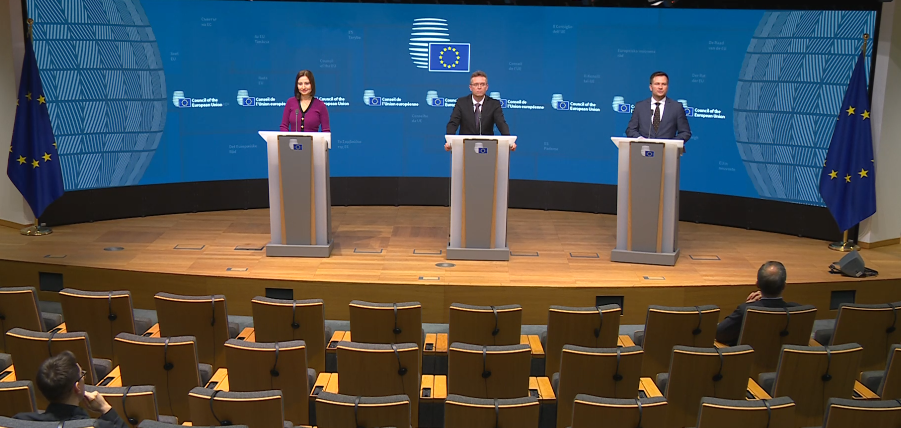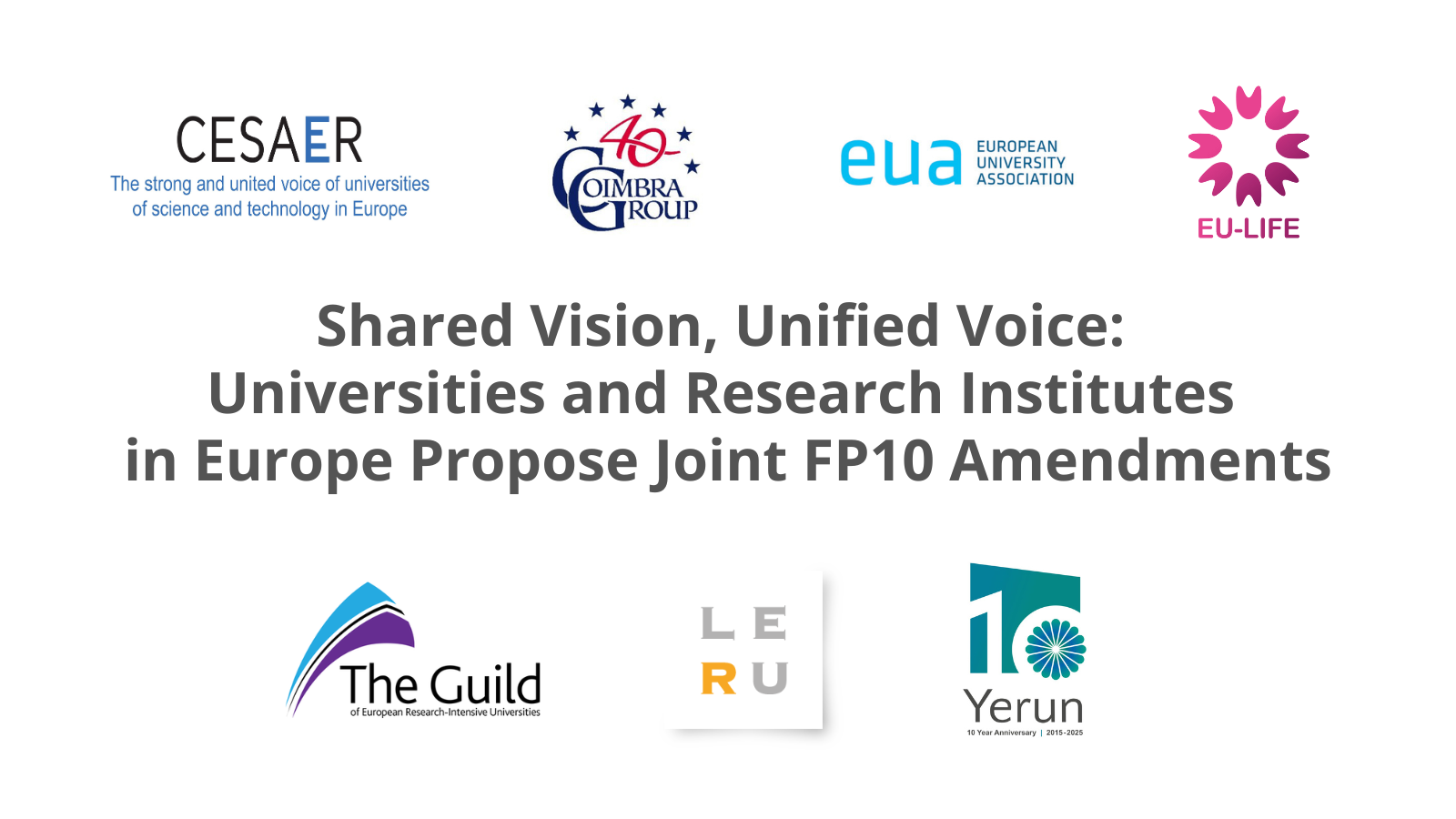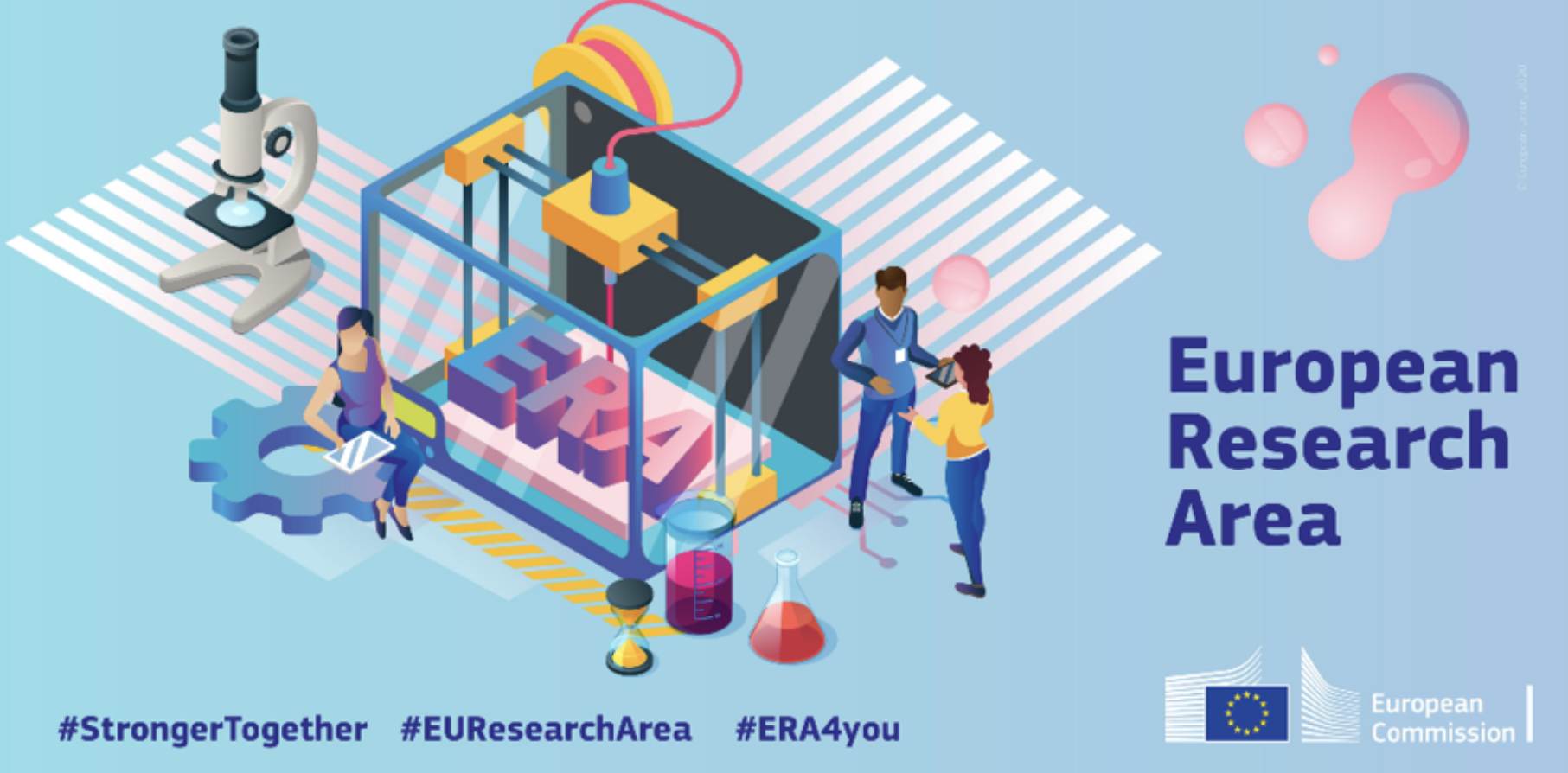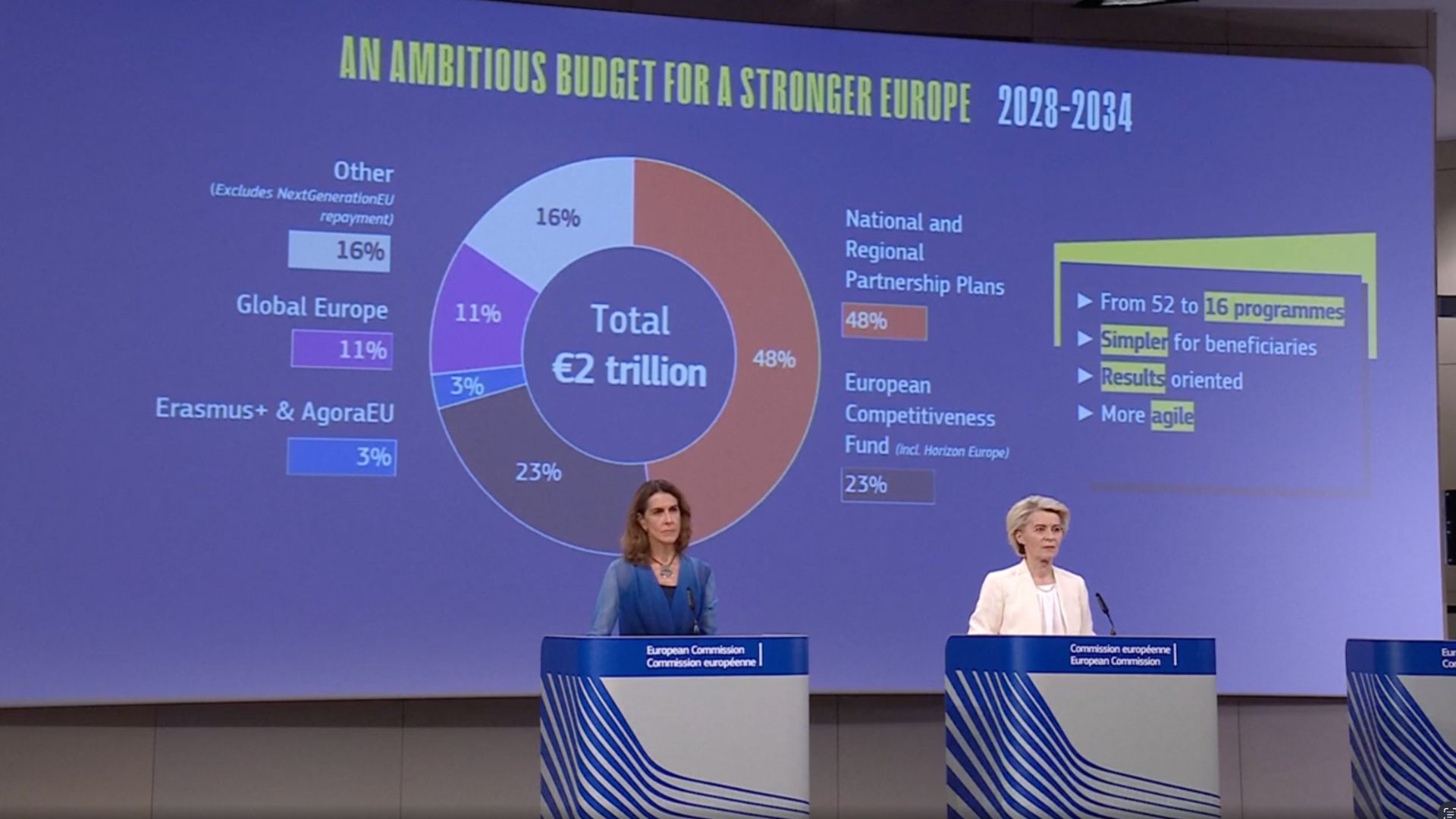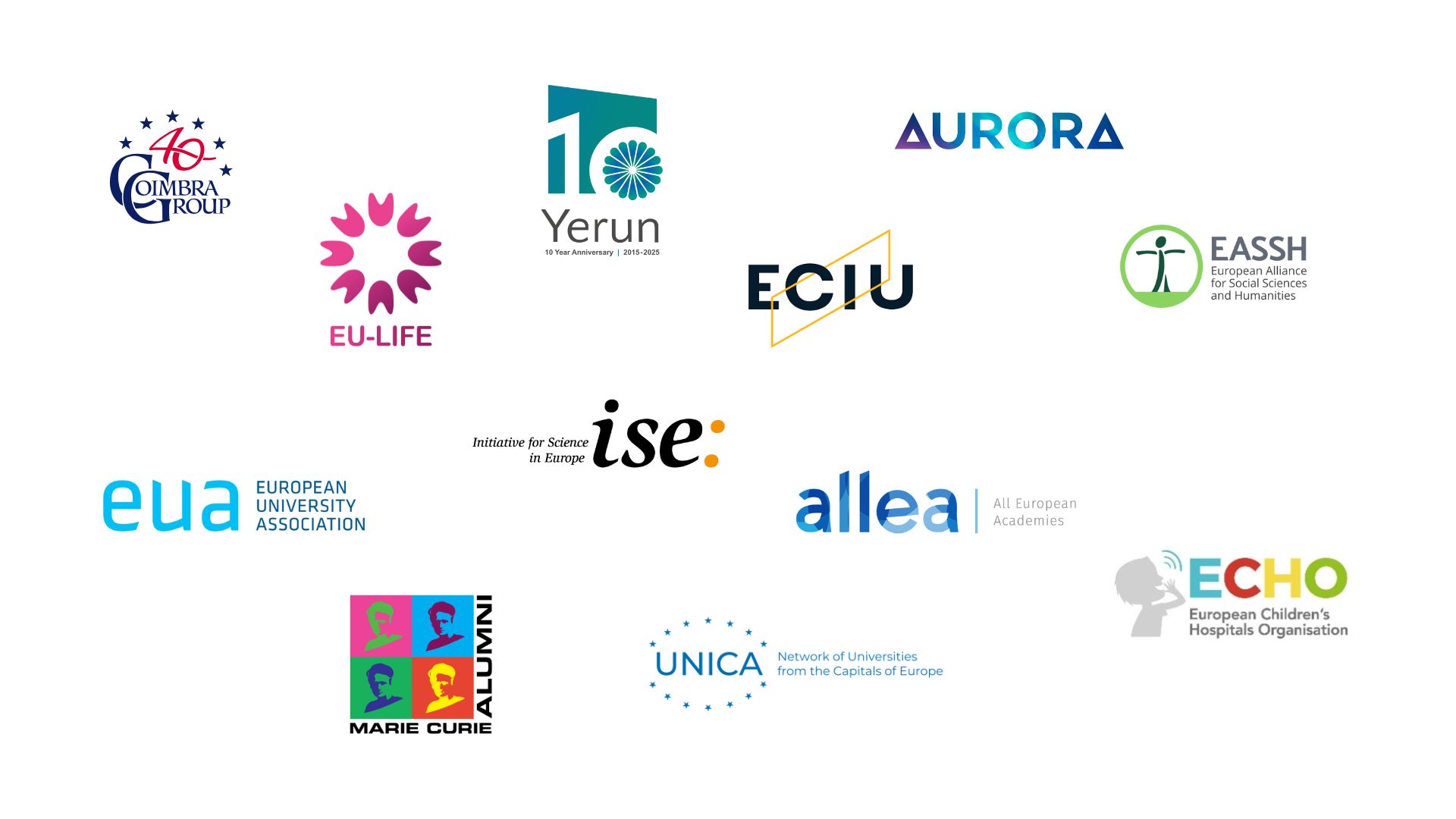The Young European Research Universities Network (YERUN) welcomes the Council conclusions on strengthening the competitiveness of the EU, reinforcing the European Research Area and overcoming its fragmentation, adopted today, 29 November 2024.
The ERA and competitiveness
To be globally competitive, Europe must place research and innovation (R&I) at the core of its economy. From the political guidelines for the next European Commission by President Ursula von der Leyen to the report on the future of European competitiveness by Mario Draghi, this has become clear. The European Research Area (ERA) is essential for achieving this.
In view of this, YERUN greets the recently confirmed Commissioner for Startups, Research, and Innovation, Ekaterina Zaharieva’s recognition of Higher Education Institutions as key R&I actors and central part of the ERA. YERUN therefore reiterates our call for greater representation and enhanced support for universities within the ERA, emphasising their role as vital bridge-builders in R&I ecosystems. Their contributions encompass the facilitation of public value co-creation, the nurturing of talent, and the promotion of inclusive innovation. A broader understanding of the value of university R&I which amounts to much more than competitiveness, is therefore key.
A stronger ERA with and for universities
The expressed commitment by the Council to the reinforcement of the ERA is welcomed. However, although the ERA, as the EU R&I funding programmes, contributes to competitiveness, its priorities should not be entirely driven by it.
Moreover, YERUN welcomes the text’s acknowledgment of the critical role of the new ERA collaborative governance structure and reaffirms our support for the increased stakeholder engagement within the ERA Forum, which has fostered a more inclusive and co-creative policymaking process – both with and for universities – as key actors of the ERA to achieve a single market for knowledge.
Echoing our recommendations, the Council calls for a focused and more streamlined ERA Policy Agenda 2025-2027, which should encompass joint initiatives for creating better synergies between research and education. Universities play a central role in the knowledge ecosystem but require enabling framework conditions.
The ERA is stronger with universities actively engaged. It is important to maintain the current open approach to stakeholder engagement throughout the implementation phase of the policy agenda. YERUN also advocates for structural dialogues with stakeholders at the national level, noting that such dialogues are well-established in some countries but absent in others. Co-creation processes involving all actors in the ecosystem are vital, as is the importance of inclusive opportunities for collaboration that address the entire value chain, from research to innovation.
The Draghi report highlighted universities’ contributions to early-stage innovation, research, and talent development. However, it also states that despite a strong university system, not enough institutions are reaching global excellence. Against this background, YERUN calls for a broader indicators of excellence for universities which extends beyond their rankings. This is an important consideration for the design of the ERA Monitoring Mechanism, which should carefully select metrics of progress.
The full potential of ERA can only be unlocked through its transformation to the fifth freedom of the EU single market tackling fragmentation, enhanced strategic alignment and coordination of R&I policies, the establishment of enabling framework conditions across the EU, and significant investments in R&I at both EU and national levels. Member States must commit to achieving and even exceeding the 3% GDP expenditure target, which many have yet to meet.
For this purpose, the European Research Area Act, announced by the Commission President in the mission letter to Commissioner Zaharieva, could be an important enabler, and it is a missed opportunity not to have been featured in the conclusions.
Enabling talent to grow
Enabling talent to grow is at the core of YERUN’s strategy and we fully support the call for strengthening talent development in the Council conclusions. We welcome the reference in the text to the 2023 Council recommendation on research careers and specifically the importance of “academic freedom, institutional autonomy and adequate career perspectives” for developing talent for R&I. However, if Europe is to maintain its attractiveness as a research powerhouse, further steps are needed, namely by providing enabling framework conditions for institutions and stable and flexible funding streams.
In this context, YERUN is pleased with the support granted to the continuation of important European initiatives for supporting talent and careers, the European Research Council (ERC) and Marie Skłodowska-Curie Actions (MSCA), which we fully endorse. Likewise, the focus on empowering researchers with improved skills echoes our call for creating adequate support systems for continuous skills development. A strong European R&I system requires a greater focus on talent, including attractiveness and sustainability of R&I careers.
Aligning with the call of European leaders in the recently adopted Budapest Declaration, YERUN looks forward to close cooperation with policymakers and stakeholders to fulfil the potential of the ERA by making the fifth freedom a reality.

